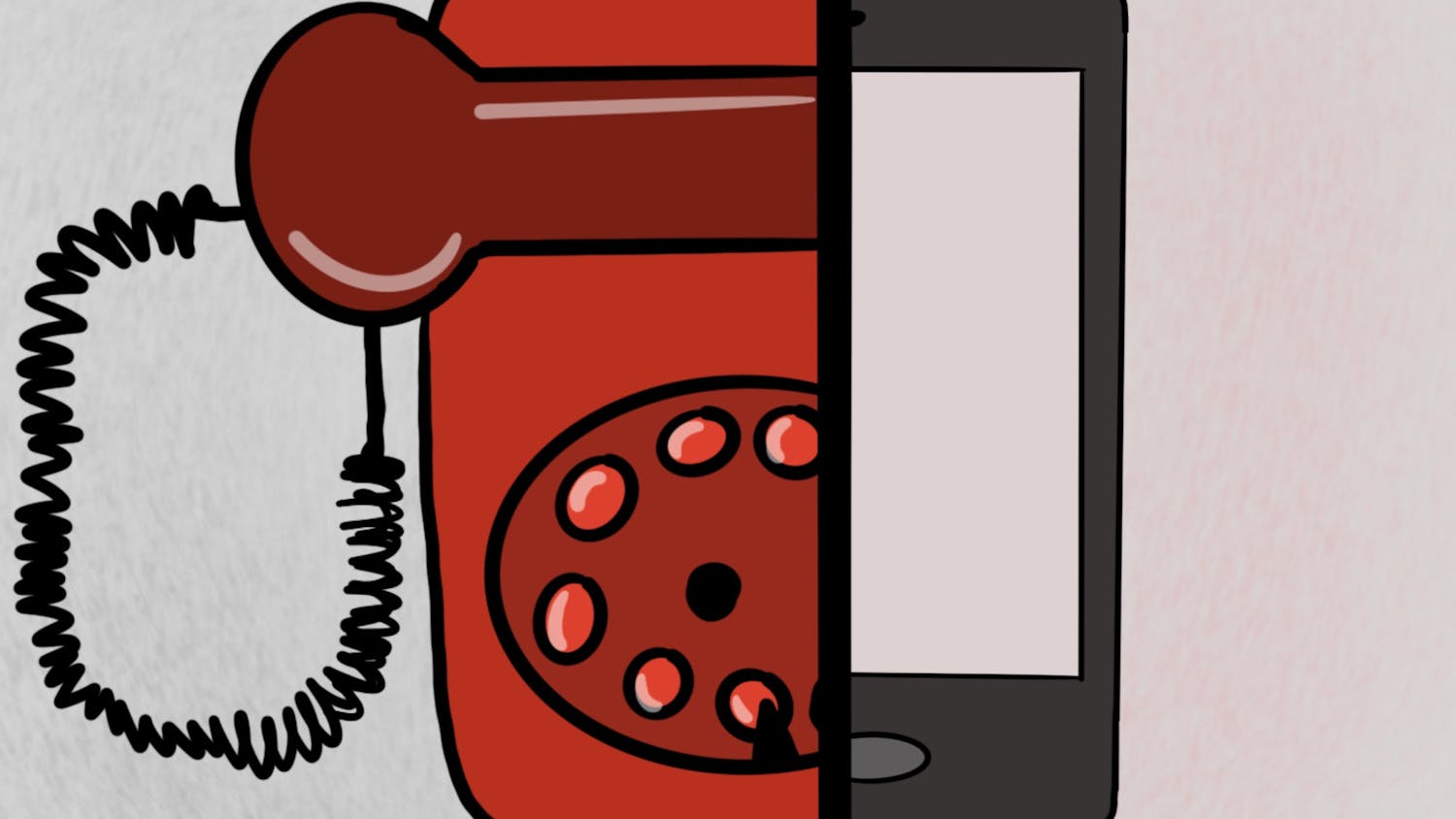Police corruption and brutality were placed under a large microscope following the death of George Floyd. Many monumental events proceeded the first summer of the COVID-19 pandemic, including the insurrection of Jan. 6 that cost the lives of five people.
Law enforcement saw a critical low in support as #DefundThePolice spread across the nation like wildfire. Countless people came forward about their experiences with brutality, corruption and the ineffectiveness of police forces. This includes mishandling sexual assault cases, displaying racial bias and maintaining misogynistic practices. Female cops have been subject to large amounts of sexual misconduct within the police force.
There is much work to be done before law enforcement's ethics align with their titles. Public unveiling has yet to stop the frequent amount of cop promotional content that is overshadowing the needed reform.
What is copaganda, and how is it used to undermine reform?
Copaganda is a combination of the words cop and propaganda, and it describes media geared to combat the negative portrayals and the public's perception of law enforcement. The visibly manufactured positive content has aided in disinformation about important socioeconomic issues in marginalized communities.
In an article for NPR, Eric Deggans found that many experienced members of the entertainment industry rarely noticed the media's drastic effects or how television shows influenced the general understanding of important societal issues.
Emmy award-winning television producer David Simon expresses two of the biggest problems with cop shows. First is the depiction of cops. No matter how flawed, they are viewed as the nation's last line of defense against the threat of drug dealers and addicts. Second, these shows are always showcased from the perspective of law enforcement. "As any good producer can tell you, where you place the camera is where the audience will empathize," Simon said.
Simon has nicknamed this idea "The Thin Blue Line" narrative.
In 1984, the hit show "Miami Vice" aired on NBC. The show's executive producer Michael Mann told NPR that the show was inspired by real-life experiences he and the other creators of the show had heard while hanging out with real criminals in Miami.
"Miami was really 'Casablanca,'" says Mann. "It was the northern banking capitol for the whole of the South American drug trade … just this gorgeous, Caribbean twilight zone in which anything seemed possible."
Nelson George, a cultural critic, remarks on how "Miami Vice" mixed the tropes of an extroverted outlaw and a brooding officer to create something new yet patriotic.
"Americans love gangsters … The War on Drugs … that's the American narrative, that we're fighting our best against this tide,“ George said. “(The audience) can also enjoy the glamour and perks of having outsider figures who can dress better than the average cop, have nicer cars and better soundtracks. Now that's sexy."
The show showcased the war on drugs as a global danger. It also coincided with the increase in Americans who viewed the war on drugs as the nation's No. 1 problem: 63% of Americans in 1989, which would fall to 30% in 1990, a year after the show ended.
These depictions often humanize law enforcement while taking human interest issues and turning them into building blocks for storylines. These media tropes aid stigmas that villainize those who need help. "Miami Vice" helped fuel the drug hysteriaof the '80s that paralyzed many Americans in fear.
In the 21st century, we see the outcomes of content portraying the savior complex of law enforcement, which can embolden people incorrectly.
Over the past five years, copaganda has started using social media to boost engagement and spread rhetoric. On June 25, 2020, The Metro Nashville Police Department released a music video, written and performed by Sgt. Henry Patricelli, dedicated to George Floyd. Police departments across the nation are buying social media ads to combat negative media about law enforcement. During the 2020 Black Lives Matter protests, departments posted content kneeling, offering tearful messages, snacks and posing with Black children.
Without context, nothing is wrong with the actions themselves. However, it shouldn't take a tragic use of lethal force or public exposure of corruption for police to get involved with the communities they swore to protect.
Some cop shows are changing the mold
Arron Rahsaan Thomas, creator of "S.W.A.T.," is passionate about changing how people of color and marginalized demographics are portrayed by law enforcement shows. Ridding the "colorblind approach" taken by many POC creatives, using his personal experience and encouraging others to do so in hopes of "increasing empathy for diverse thought and life experiences would be more ideal."
Thomas hopes "S.W.A.T." improves the quality of cop shows and the overall perception of law enforcement and interactions with people of color. He cites it as the duty of Hollywood creators to create real change and recognize that their content has real-life consequences.
"We, as creators in Hollywood, have to be willing to expand the point of view from which these stories are told … Failure to do this can have real-life consequences,“ he said. "Ultimately, efforts to improve can and will lead to better TV shows, more nuanced cop procedurals, and, who knows, maybe even impact real-world interactions between police and community."
There are consequences to pushing biased messaging in mainstream media. While copaganda is being addressed, there are also people out there working to create lasting change, not only to emphasize nuance but to create genuine positive relationships between law enforcement and the public.
Although copaganda is still a concern, there is hope for a positive evolution in the media, creating a reality where law enforcement live up to their oath.






